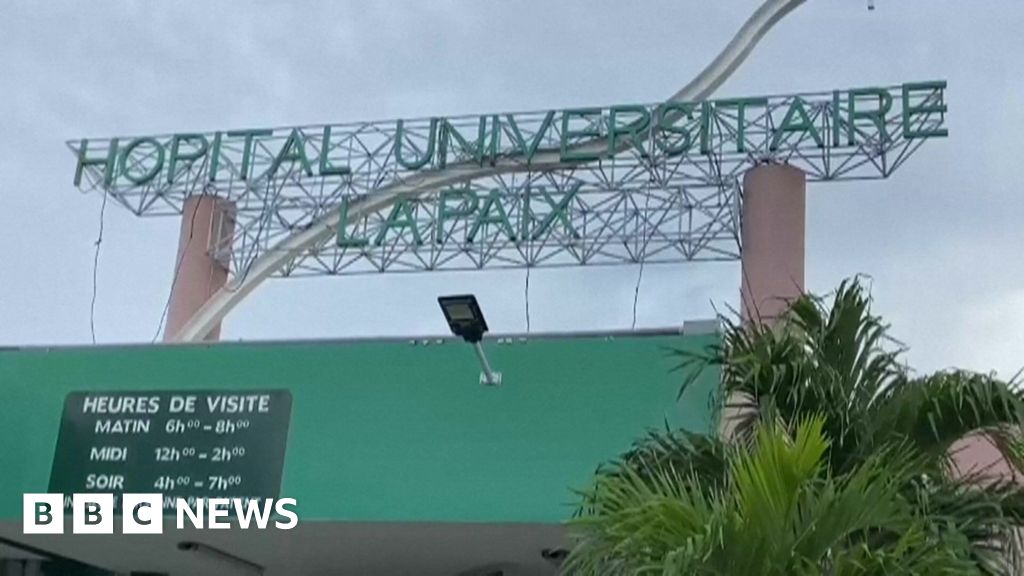Kenya is heading to another general election on Tuesday the 9th of August, 2022. East Africa’s main economic powerhouse is presented with the dilemma to elect one of the four presidential candidates.
The main two contenders are the Former premier Raila Odinga and current Deputy President William Ruto. A lot of issues are at stake in this election. Now take a look at this piece that summarizes the main issues at hand.
The August 9 general elections have brought up a ray of hope and relief to the Kenyan voters but at the same time a mix-up when it comes to who to vote for as the president of the Republic.
Mega rallies have attracted a massive number of supporters, but what exactly are they being promised? The former premier believes he is the savior who can handle their agonies.
“There are four enemies that Kenyans are struggling with: poor health, ignorance, poverty, and corruption. And I have given you my word that I will fight so hard to end these four enemies of Kenya,” said Raila Odinga, the presidential candidate of the Azimio la Umoja coalition
On the other hand, the current and outgoing Deputy President believes he has a perfect agenda that can liberate the country. His main agenda is to uplift the economic status of the poor in what he terms the bottom-up manifesto.
On many occasions, he has termed his competitors unworthy given the fact that they have no agenda for the people of Kenya.
“I am also asking the “riddle man” (Raila Odinga) to stop complaining about the Chebukati (electoral body chairman) and the IEBC(electoral commission) and the (voters) register. You’re (Raila) contesting against me, and I am ready to face you, man to man,” Ruto said.
-Elections versus technology-
Meanwhile, the Independent electoral commission has maintained that it is ready to preside over fair and credible elections. They have sought the service of an international company by the name of Smartmatic which will help in the technological integration of the election.
“Smartmatic focuses on building the most secure, accessible and easy-to-use election technologies.
But critics and analysts in Kenya have questioned the firm’s ability in offering a bulletproof system that cannot be compromised.
Africanews spoke to Mark Obar Asuelaa who is a renowned ICT expert from Kenya.
The IEBC preparations have always been in question, especially by the opposition and even critics. Obar believes this has been a tendency in every election.
“Now as always, the electoral and boundaries commission IEBC tends to claim that everything is right at the very beginning, but as you can see from the reports that we have seen and also the admission from the commission itself, there are certain things that you get right. It appears the commission was already committing illegality from the onset. For example, IEBC printed more booklets specifically forms 31A, and yet each polling station only needed one. So people have to ask questions like, why are they printing more booklet? What is the intention? Then so many issues around it that they are trying to work out,” said Obar.
After the 2017 election was nullified, the IEBC opted to seek the services of Smartmatic SGO Group which is a multinational company that builds and implements electronic voting systems. They are going to help in terms of providing the best service for them and even handling the election technology.
Smartmatic has majorly been tasked with providing election technological hardware like fingerprint scanners and other components, but not the software handling the polls. Obar sees this as a shortcoming in terms of result transmission and can affect the election outcome.
“Now, it is very hard to tell whether they will succeed or not. However, most likely they will fail especially on the transmission. They are dealing with the technology to which the provider of the physical technology in terms of hardware is a new person but previously they had worked with a French OT-Morpho, which also developed its own software. Therefore, their software runs on the provisions of an older supplier while the new supplier has just provided a new technology in terms of physical infrastructure like fingerprint scanners,” Obar said.
Asked whether Kenya was headed towards a repeat of the 2007-2008 post-election violence, the Obar refuted the possibility but pointed out the contestation that might end up in court.
“I do not think there will be any violence. There could be contestations right now or after elections, or on Election Day. However, I do not think violence will erupt in any way. In Kenya, you can predict violence way before they happen. You can just you can see the systems crumbling and especially the electronic technology. Governmental interference in the elections. Those are key indicators,” he refuted.




















Discussion about this post